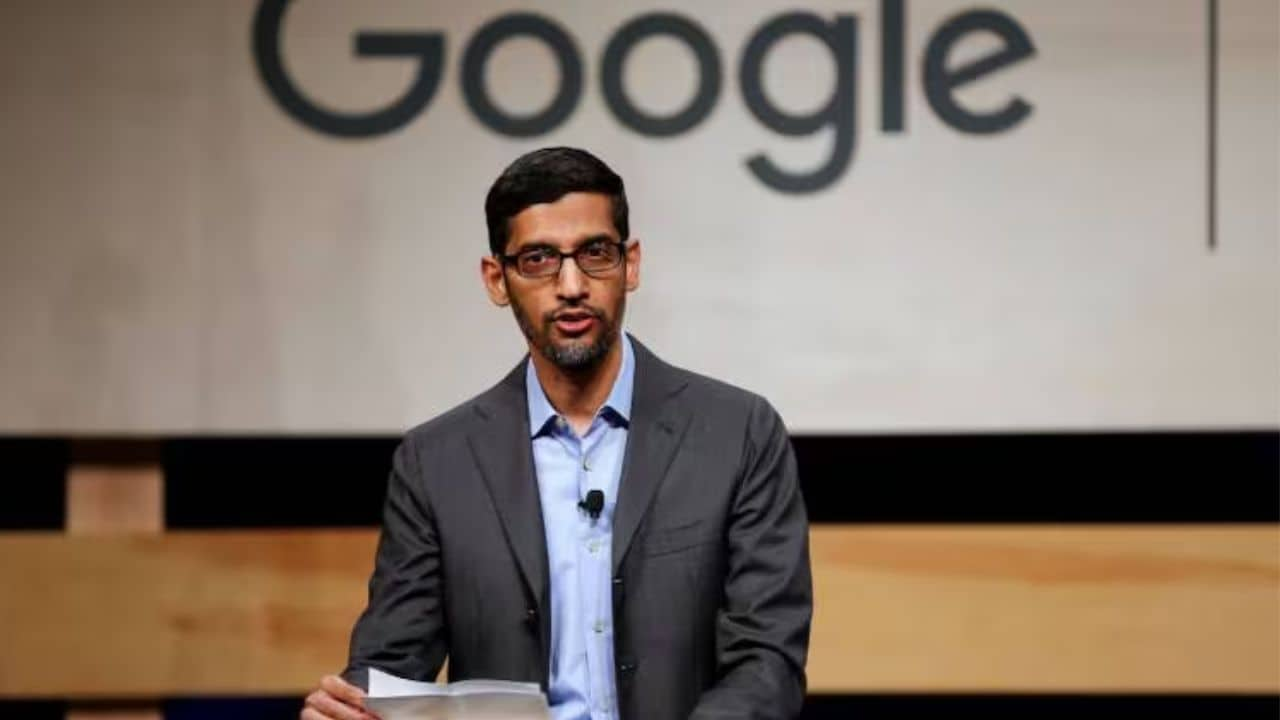Google’s parent company Alphabet reported robust quarterly earnings this week, propelled by significant advancements in artificial intelligence and continued momentum in its cloud, advertising, and subscription businesses. In a blog post, CEO Sundar Pichai outlined a range of accomplishments, citing AI as the central force behind the company’s growth.
The tech giant reported double-digit revenue growth in its flagship Search division, now increasingly powered by AI technologies. AI Overviews, an AI-enhanced search feature launched last year, is now used by more than 1.5 billion users monthly. A newer experimental feature, AI Mode, promises even deeper reasoning capabilities, and early feedback has been “very positive,” according to Pichai.
Google also crossed a milestone in subscriptions, surpassing 270 million paid users, with YouTube and Google One playing key roles. YouTube alone has more than 125 million subscribers across its Music and Premium services, the company said, and continues to dominate streaming watch time on U.S. television screens, according to Nielsen.
In the cloud sector, Google Cloud posted “rapid growth,” bolstered by strong enterprise demand for AI tools. At its recent Cloud Next conference, the company unveiled new AI-powered services for businesses, including tools for building intelligent agents, and announced its intent to acquire Wiz, a cybersecurity firm. The acquisition, if approved, would significantly strengthen Google’s security offerings across multi-cloud environments.
Pichai emphasized the importance of Google’s full-stack approach to AI – from infrastructure and models to products and platforms. The centerpiece of this effort is the Gemini AI family, which saw the release of Gemini 2.5 Pro and 2.5 Flash this quarter. The latest models are being integrated across Google’s ecosystem, from Search and Android to enterprise services.
“All 15 of our products with over half a billion users are now powered by Gemini,” Pichai wrote, adding that new applications include enhanced visual search, voice-powered tasks, and real-time screen sharing across Android devices.
Google also made strides in foundational AI infrastructure, unveiling its latest tensor processing unit, Ironwood, which it says offers a tenfold improvement in compute power and double the energy efficiency of its predecessor. The company has further expanded its partnership with NVIDIA, offering Blackwell GPUs and preparing to launch Vera Rubin, its next-generation chips.
The AI momentum extends to Google’s open model strategy, with the lightweight Gemma models receiving more than 140 million downloads. In life sciences, Google’s AlphaFold system has been used by over 2.5 million researchers, and the newly introduced AI Co-Scientist seeks to accelerate scientific discovery through collaborative agents.
The company’s tone heading into the rest of the year is optimistic. Pichai teased upcoming showcases at events like Google I/O and Google Marketing Live, hinting at continued innovation. “This quarter was super exciting,” he wrote. “Q2 will be even more exciting.”
